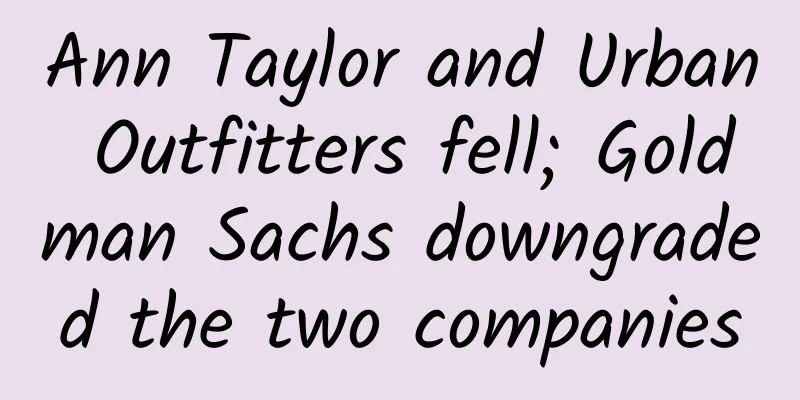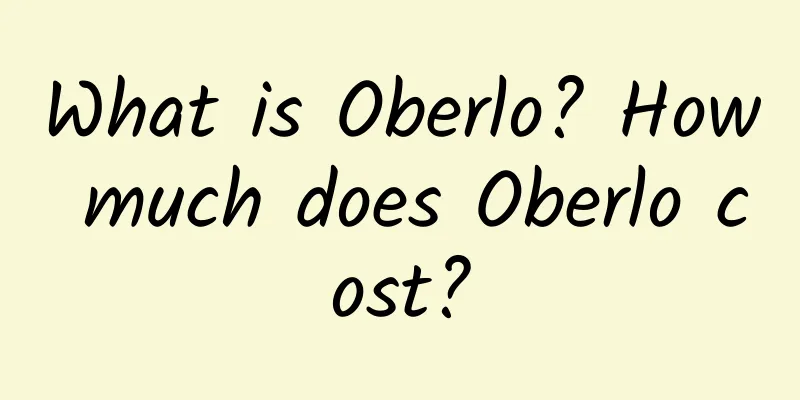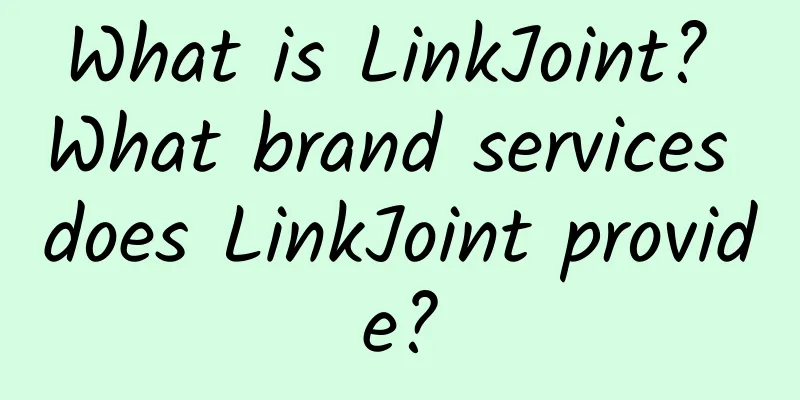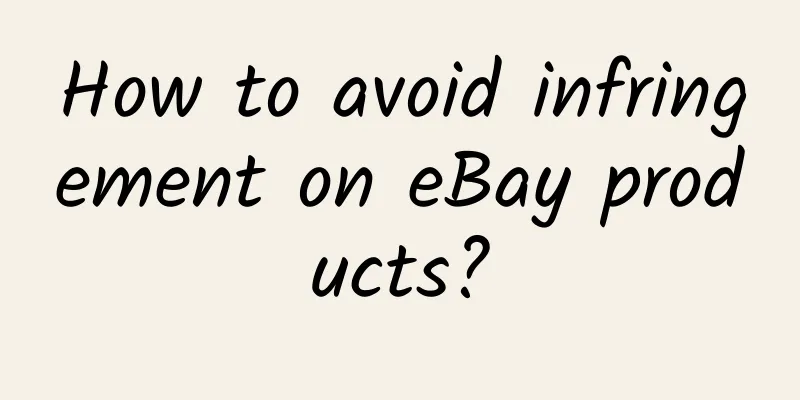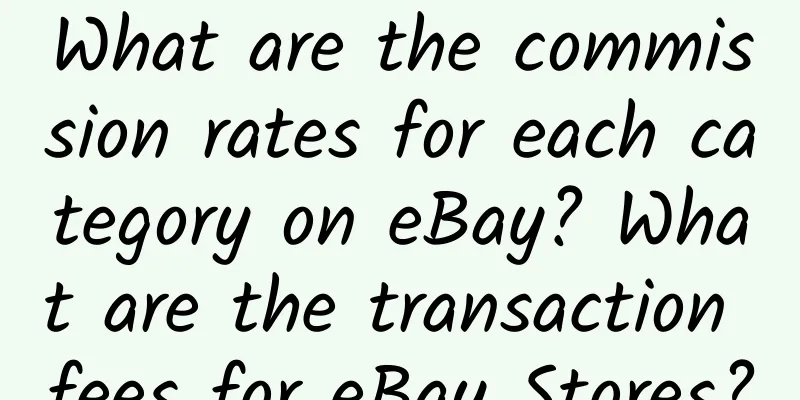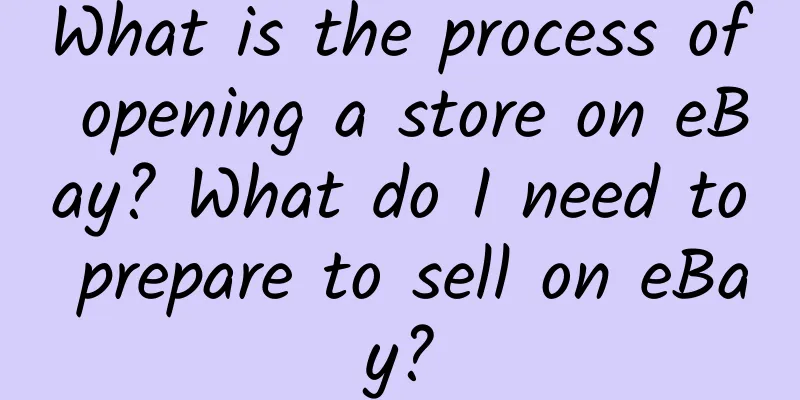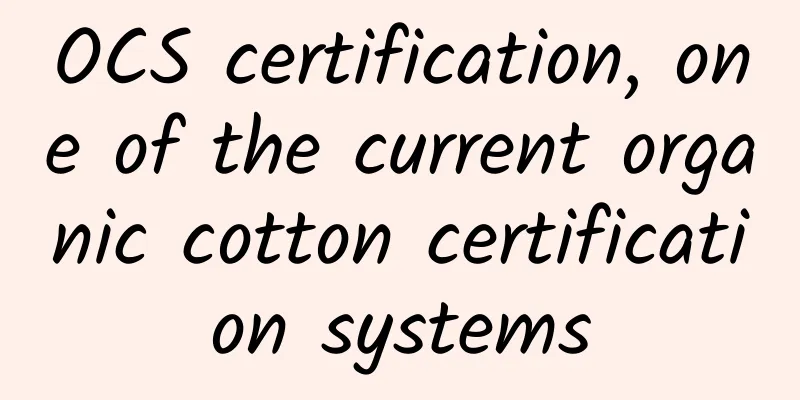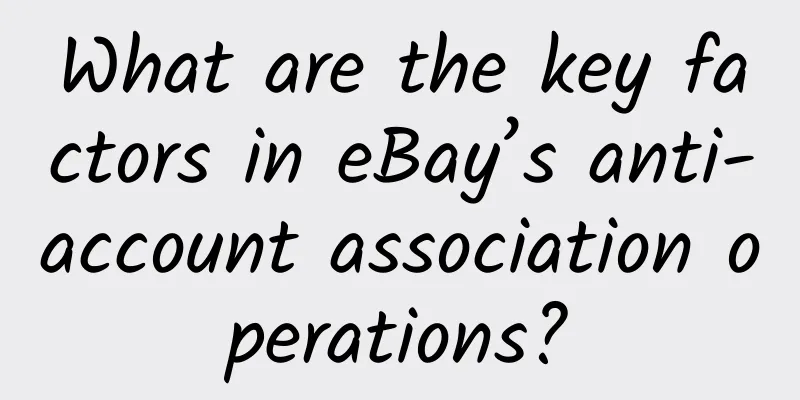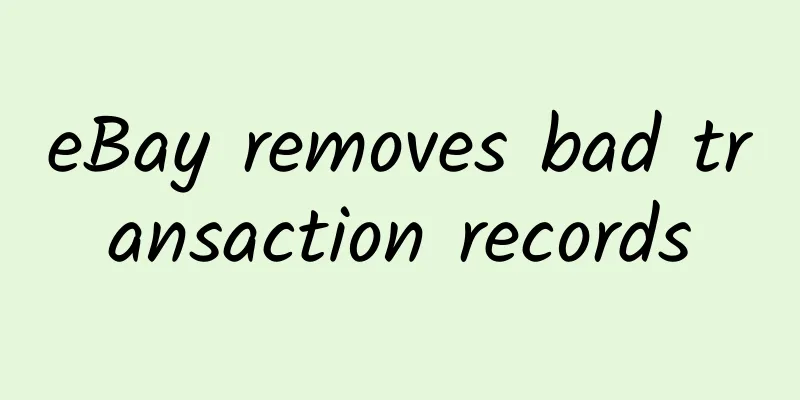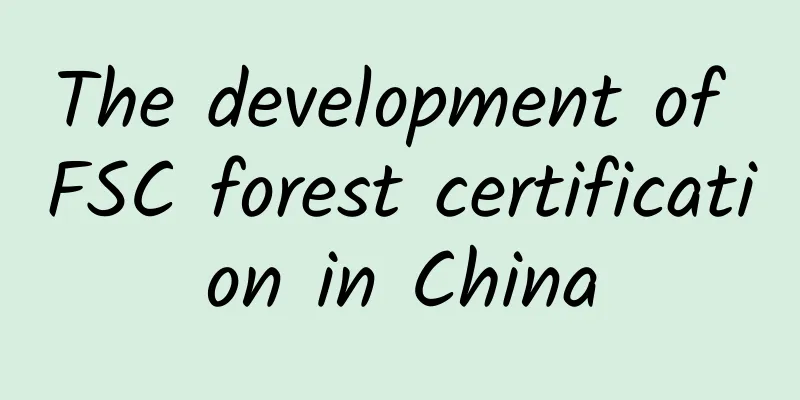What are the requirements for labeling for FLAX European Linen Certification/European Linen Certification?
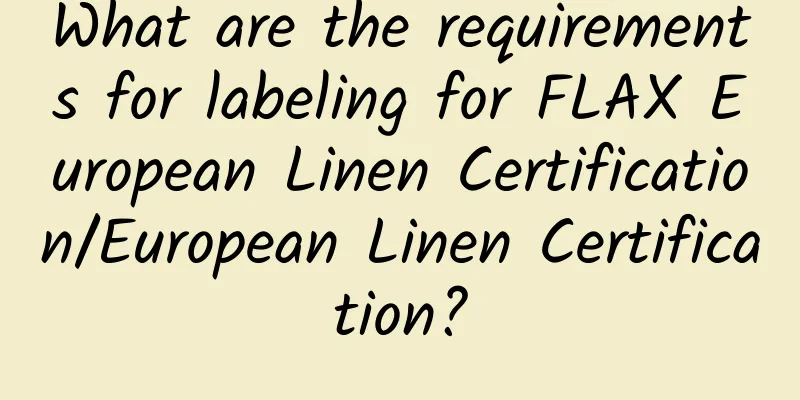
B. Traceability chain descriptionThis standard aims to certify the EUROPEAN FLAX® chain of custody. In other words, every link in the supply chain, from fiber producer to finished product, where the material is involved, including processing and trading, must be certified to ensure the traceability of EUROPEAN FLAX® raw materials. Products are certified only if they are produced/traded by certified companies, consist of 100% certified flax, and the final flax content of the product is ≥ 50%. Invoices that follow specific requirements are key to prove the flow of certified raw materials in each link of the EUROPEAN FLAX® chain of custody. For flax traders, flax processors, yarn, weaving, semi-finished products traders and finished products producers, the final product can be certified through a conformity assessment in accordance with the EUROPEAN FLAX® standard defined in this standard. After verification, a numbered certificate officially issued by EUROPEAN FLAX® will be issued to the company. Bureau Veritas Certification makes the conformity assessment and delivers the certificate. Flax processors (flax dealers) can be certified by complying with the certification process defined in the EUROPEAN FLAX® Charter. In this case, the EUROPEAN FLAX® license number of the company is issued directly by CELC DEVELOPPEMENT. Retailers are also certified by Bureau Veritas Certification. - EUROPEAN FLAX® standard document: The technical standards section has clear provisions. - EUROPEAN FLAX® Certification Process Description Document: The certification process is clearly defined. European flax growing, flax beating/fiber pre-treatment, trading and processing (excluding finished product production) companies need CELC membership when applying for certification. Hemp traders: If they sell the fibers to processors , that is, spinners and semi-finished product manufacturers, this business is considered fiber trading and they must obtain CELC membership and Bureau Veritas certification with the number BVAAXXXXX (e.g. certificate number: BVBE3008); if they only sell fibers to trading companies , they do not need to be audited by Bureau Veritas Certification and only need to comply with the EUROPEAN FLAX® Charter requirements. The final certificate number is CEAAXXXXX (for example, certificate number: CEBE22093). Pre-treatment enterprises: enterprises engaged in the business of beating flax, combing flax, combing cotton, silk warp and cotton weft before textile production. Enterprises engaged in fiber pre-treatment activities shall comply with the requirements of the EUROPEAN FLAX® regulations and hold a license numbered CEAAXXXXX issued by CELC. This certification is not applicable to sales to processors. Enterprises engaged in fiber pre-treatment activities shall comply with the current EUROPEAN FLAX® requirements for processors. Traders with outsourcing activities: Any business that sells/exports raw flax and subcontracts processing operations such as spinning, dyeing, weaving, knitting, finished product manufacturing and warehouse storage. (Trading businesses with subcontracting processing are not simple trading businesses) Processing plant: An enterprise that produces or processes textiles or technical semi-finished products, i.e. spinning mills, weaving mills, dyeing factories, etc. Processing plants should purchase fiber materials from fiber traders certified by Bureau Veritas Certification. Fiber traders must hold a valid certificate: No. BVAAXXXXX, and the scope of certification includes fiber trading; processing companies are not allowed to purchase from companies with license numbers CEAAXXXXX and hemp traders. Processors can buy textiles from companies that are EUROPEAN FLAX® and Masters of Linen® certified, which are issued after an audit by Centexbel/Centrocot/Legal auditors. These certificates consist of 5 letters and 4 numbers in the format: CEAAAXXXX (e.g. CEITL7300) and are certified by Masters of Linen® in the CELC database. This certificate number is used on invoices to state: "EUROPEAN FLAX® certified CEAAAXXXX" or Masters of Linen® certified CEAAAXXXX". Brands/Retailers: If you purchase fabrics and outsource product manufacturing, that is, activities related to the final product, you must undergo a Bureau Veritas certification audit; if you purchase finished products, you do not require a Bureau Veritas certification audit. Are you still worried about not passing the factory inspection? Don’t worry! Chaowang Consulting has been engaged in factory inspection and certification consulting for many years. We have rich experience and connections, and are familiar with the process and steps of factory inspection and certification. We can help companies solve certification problems at any time, easily deal with them, and pass them smoothly! Consultation phone: 021-51029391! |
<<: EUROPEAN FLAX European flax certification audit requirements
>>: Who will audit the EUROPEAN FLAX certification and how much does it cost?
Recommend
What is CBP? What are CBP’s main responsibilities?
What is CBP? The U.S. Customs is divided into two...
What is a C2C platform? What is its profit model?
What is C2C platform? C2C is also called CTC, whe...
Is it easy to run a pet e-commerce platform? How to develop customers on a pet e-commerce platform?
Is it easy to run a pet e-commerce platform? With...
Improve eBay product search rankings using keyword optimization
Sellers list products on eBay, but similar produc...
Analysis of Difficulties of WCA Factory Inspection
Analysis of Difficulties in WCA Factory Inspection...
What are the characteristics of eBay website?
eBay (EBAY, Chinese for Electronic Bay, eBay, Yib...
The role and status of ISO14000 environmental certification
Environmental certification ISO14000 certificatio...
HiggFEM 2021 Annual Report
Today we are going to talk about the HiggFEM 2021...
What is an ERP system? What are the criteria for selecting an ERP?
What is ERP system? ERP - Enterprise Resource Pla...
The two-day training course for Shanghai Chaowang factory inspection specialists was successfully completed
Shanghai Chaowang's two-day factory inspectio...
Useful Information | How to build a foreign trade sales platform?
Building a foreign trade sales platform is a very...
eBay store opening guide, store opening costs
To open an eBay store, you need to calculate the ...
What is Hongshanhui? What activities does Hongshanhui have?
What is Hongshanhui? Hongshanhui was established ...
What is Idvert? What are the advantages of Idvert?
What is Idvert? Idvert is a technology company th...
What is SHEIN? What are the advantages of the SHEIN platform?
What is SHEIN? SHEIN is a cross-border B2C fast f...
